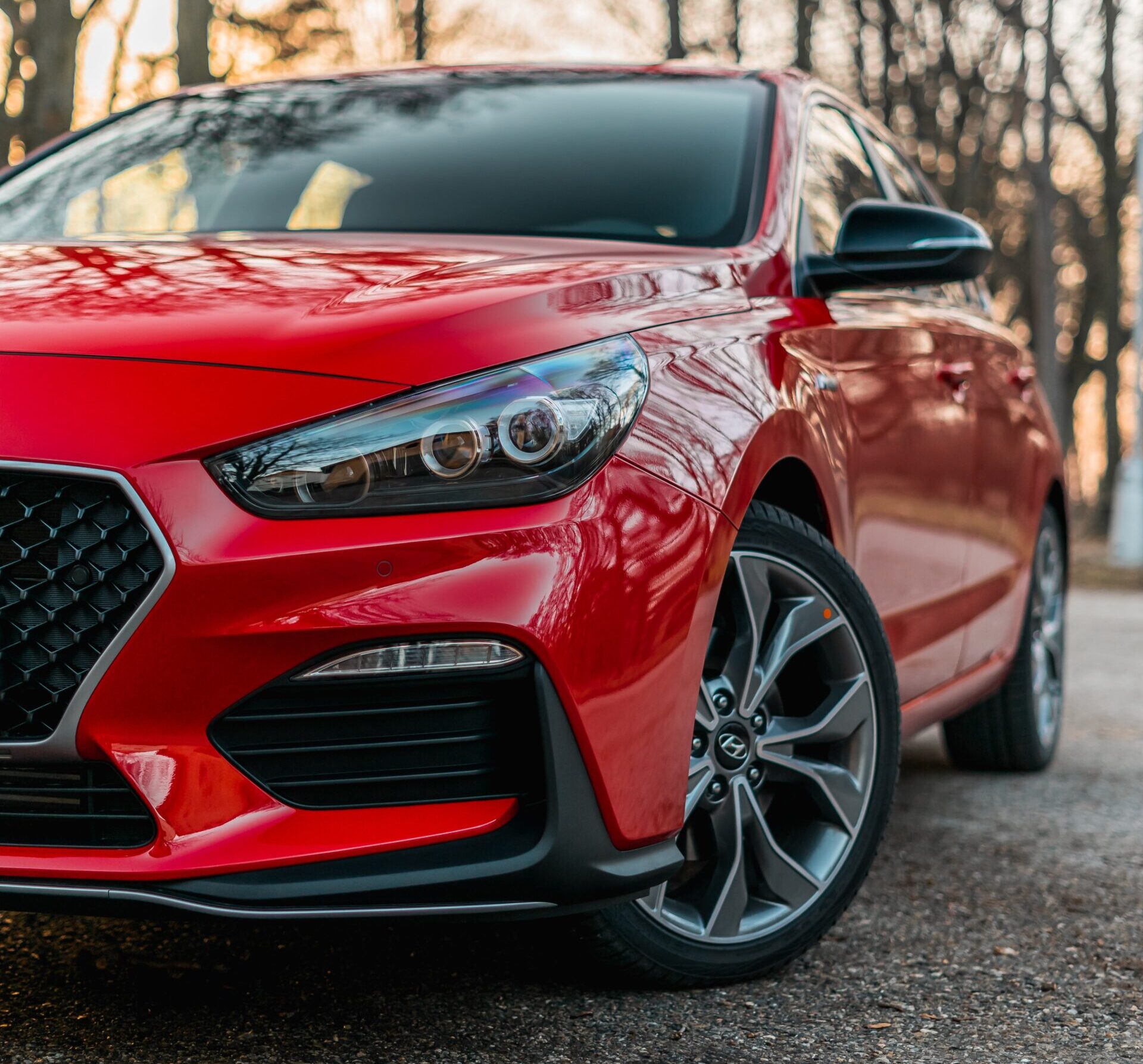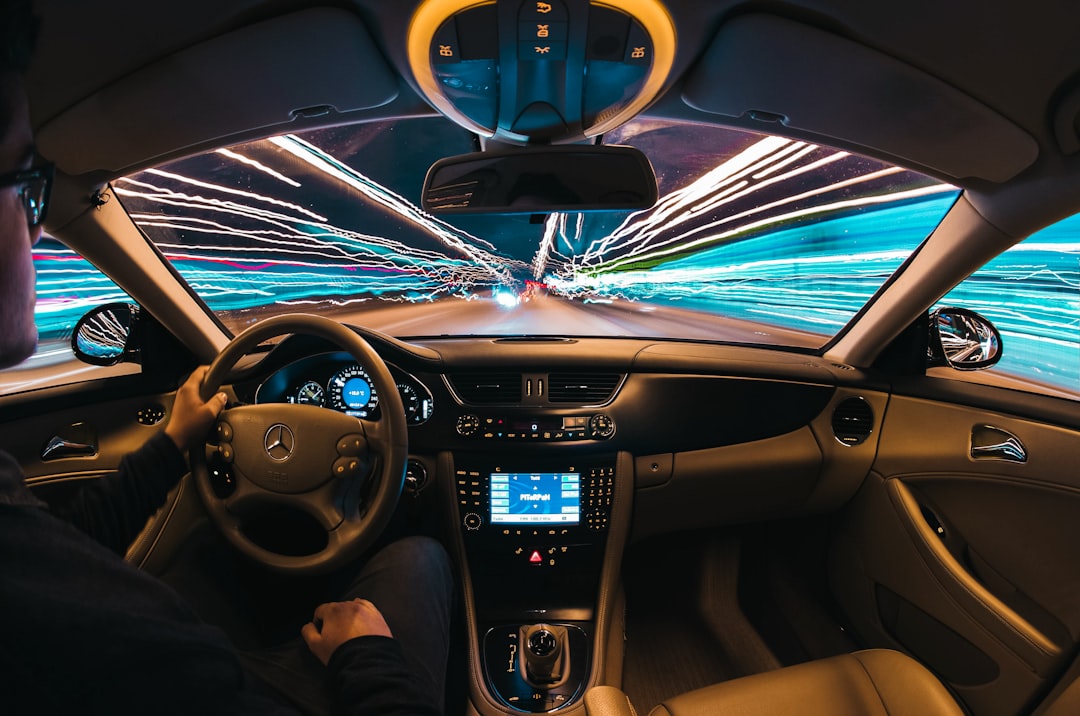Support our educational content for free when you purchase through links on our site. Learn more
Pros and Cons of Buying a Car in 2023: A Comprehensive Guide
Introduction
Welcome to Car Leases™! In this comprehensive guide, we will walk you through the pros and cons of buying a car in 2023. Whether you're a first-time buyer or considering replacing your current vehicle, it's important to weigh the advantages and disadvantages before making a decision. We'll cover everything from financial considerations to lifestyle factors to help you make an informed choice. So, let's jump right in!
Table of Contents
- Financial Considerations
- Ownership Benefits
- Freedom and Flexibility
- Customization Options
- Depreciation and Resale Value
- Maintenance and Repairs
- Insurance and Registration
- Environmental Impact
- FAQs
- Useful Links
- Reference Links
Financial Considerations
When considering whether to buy a car, it's important to evaluate the financial implications. While buying a car may seem like a significant upfront expense, it can offer several long-term benefits. Here are the pros and cons:
Pros
- Ownership: Buying a car means you own it outright. Once you finish paying off the loan, you don't have any further monthly payments for the vehicle.
- No Mileage Restrictions: Unlike leasing, there are no mileage restrictions when you own a car. You can drive as much as you want without worrying about exceeding a predetermined limit.
- Equity and Trade-Ins: As you pay off your car loan, you build equity in the vehicle. This equity can be used as a down payment for your next car or traded in to reduce the cost of a new vehicle.
Cons
- High Initial Costs: Buying a car typically requires a significant initial investment. You may need a down payment, and you'll have to cover the full cost of the vehicle.
- Depreciation: Cars depreciate in value over time, which means your investment will lose value. However, some cars retain their value better than others. Researching resale value can help mitigate this downside.
Ownership Benefits
One of the main advantages of buying a car is the sense of ownership and the associated benefits. Let's explore some pros and cons:
Pros
- Sense of Ownership: When you buy a car, it's yours to do with as you please. You can personalize it, modify it, and truly make it your own.
- No Monthly Payments: Once you pay off your car loan, you no longer have monthly payments for the vehicle. This can free up funds for other priorities or savings.
- Long-Term Savings: While buying a car may require a larger upfront investment, it can be more cost-effective in the long run. After paying off the loan, you only need to cover insurance, maintenance, and repair costs.
- Familiarity and Comfort: Owning a car for an extended period allows you to become familiar with the vehicle's quirks and characteristics. This familiarity can increase your overall comfort and confidence while driving.
Cons
- Responsibility for Maintenance: As the owner, you are responsible for regular maintenance and repairs. This can add additional expenses, especially as the vehicle ages.
- Greater Risk: With ownership comes the risk of unexpected repairs or mechanical failures that may not be covered by warranty. This risk can lead to financial strain if you're unprepared for such expenses.
- Long-Term Commitment: Buying a car is a long-term commitment. If you're someone who enjoys driving a different vehicle every few years, leasing may be a better option to consider.
Freedom and Flexibility
Owning a car offers various freedoms and flexibilities that can enhance your daily life. Let's examine the pros and cons:
Pros
- Convenience: Having your own car provides the convenience of being able to travel whenever and wherever you want. You don't have to rely on public transportation schedules or ride-sharing services.
- Spontaneity: With a car at your disposal, you can embark on last-minute road trips, visit friends and family, or explore new places without worrying about availability or restrictions.
- Personal Space: Your car serves as a personal space where you can listen to your favorite music, dictate your own schedule, and have control over your environment.
Cons
- Parking and Traffic: Traffic congestion and searching for parking can be a significant downside of owning a car, especially in densely populated areas. Additionally, parking fees and fines can add to your expenses.
- Maintenance Responsibility: As mentioned earlier, being a car owner comes with the responsibility of maintenance and repairs. This can be time-consuming and may require additional budgeting.
- Fuel Costs and Environmental Impact: Driving a car typically involves fuel costs, and the environmental impact of burning fossil fuels is a concern. However, there are alternative fuel options such as electric or hybrid vehicles that can mitigate this downside.
Customization Options
If personalization is important to you, owning a car offers the ability to customize and make it uniquely yours. Here are the pros and cons:
Pros
- Customization: When you buy a car, you have the freedom to customize it to your preferences. Options include adding accessories, upgrading the audio system, or applying personalized aesthetics.
- Long-Term Investment: If you plan to keep your car for an extended period, customization can increase your overall satisfaction and enjoyment of the vehicle.
Cons
- Resale Value: While customization can enhance your personal driving experience, it may negatively impact the resale value of the vehicle. Potential buyers may have different preferences, limiting the market for your customized car.
- Expense: Customization options can be expensive, with costs varying depending on the complexity of the modifications. It's important to consider the potential return on investment when deciding how much to customize.
Depreciation and Resale Value
One considerable factor to consider when buying a car is its depreciation and resale value. Let's explore the pros and cons:
Pros
- Retained Equity: Unlike leasing, where you have no equity at the end of the term, buying a car allows you to retain equity in the vehicle. This equity can be beneficial when trading in the car or as a down payment for a new one.
Cons
- Depreciation: Cars typically depreciate in value over time. The rate of depreciation can vary depending on the make, model, and year of the vehicle. It's important to choose a car with good resale value to minimize the financial impact.
- Uncertain Resale Value: The resale value of a car can be unpredictable and depends on multiple factors such as market demand, vehicle condition, and the overall supply of similar models. While research can provide estimates, there are no guarantees.
Maintenance and Repairs
When you own a car, it's essential to consider the ongoing costs of maintenance and repairs. Here are the pros and cons:
Pros
- Control over Maintenance: As a car owner, you have full control over the maintenance of your vehicle. Regular upkeep can help prolong its lifespan and ensure optimal performance.
Cons
- Potential Costs: Maintenance and repair costs can add up, especially as the vehicle ages. Unexpected repairs may arise that were not accounted for in your budget, impacting your finances.
- Time and Effort: Owning a car requires time and effort to research reputable mechanics, schedule maintenance appointments, and handle repairs. This can be inconvenient and time-consuming.
Insurance and Registration
When you own a car, insurance and registration are additional factors to consider. Here are the pros and cons:
Pros
- Customizable Coverage: As the owner of a car, you can choose the level of coverage that suits your needs and budget. Options range from liability-only insurance to comprehensive coverage.
Cons
- Costs: Insurance premiums can be a significant expense that needs to be factored into your budget. Premiums vary depending on factors such as your location, driving record, and vehicle type.
- Registration Fees: Owning a car requires registering it with your local jurisdiction, and registration fees can vary from place to place. These fees can be an additional financial burden.
Environmental Impact
Considering the environmental impact of owning a car is becoming increasingly important. Let's explore the pros and cons:
Pros
- Alternative Fuel Options: As awareness of climate change and air pollution increases, more alternative fuel options are becoming available. Electric and hybrid vehicles can significantly reduce your carbon footprint.
Cons
- Fossil Fuel Dependence: Conventional internal combustion engine vehicles still rely on fossil fuels, contributing to air pollution and greenhouse gas emissions. The environmental impact can be a significant downside for those concerned about sustainability.
FAQs
What are the pros and cons of cars?
- Pros of cars include convenience, personal space, and the ability to travel whenever and wherever you want.
- Cons of cars include costs, traffic and parking challenges, and the environmental impact of burning fossil fuels.
What are pros to buying a car?
- Pros of buying a car include ownership benefits, freedom and flexibility, customization options, and retained equity.
What are 5 advantages of buying a car?
- Ownership: You own the car outright once you pay off the loan.
- No mileage restrictions: You can drive as much as you want without penalties.
- Equity and trade-ins: You can build equity in the vehicle and use it for down payments or trade-ins.
- Convenience: Having your own car offers the convenience of personal transportation whenever you need it.
- Personalization: Owning a car allows you to customize it to reflect your preferences and style.





